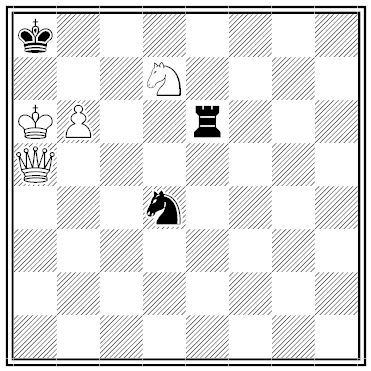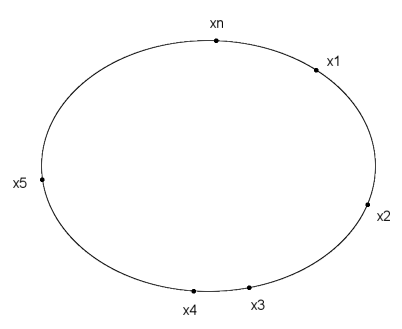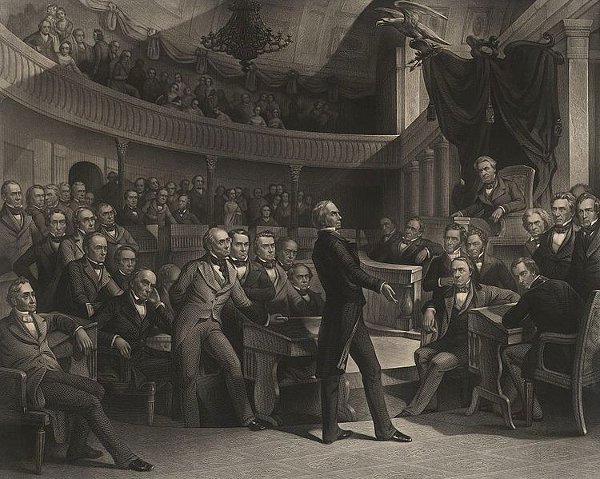Dr. Franklin had a party to dine with him one day at Passy, of whom one-half were Americans, the other half French, and among the last was the Abbé Raynal. During the dinner he got on his favorite theory of the degeneracy of animals, and even of man in America, and urged it with his usual eloquence. The Doctor, at length, noticing the accidental stature and position of his guests at table, ‘Come,’ says he, ‘M. l’Abbé, let us try this question by the fact before us. We are here one-half Americans and one-half French, and it happens that the Americans have placed themselves on one side of the table, and our French friends are on the other. Let both parties rise, and we will see on which side nature has degenerated.’ It happened that his American guests were Carmichael, Harmer, Humphreys, and others of the finest stature and form; while those on the other side were remarkably diminutive, and the Abbé himself particularly, was a mere shrimp. He parried the appeal by a complimentary admission of exceptions, among which the Doctor himself was a conspicuous one.
— Thomas Jefferson, quoted in James Parton, Life and Times of Benjamin Franklin, 1864





